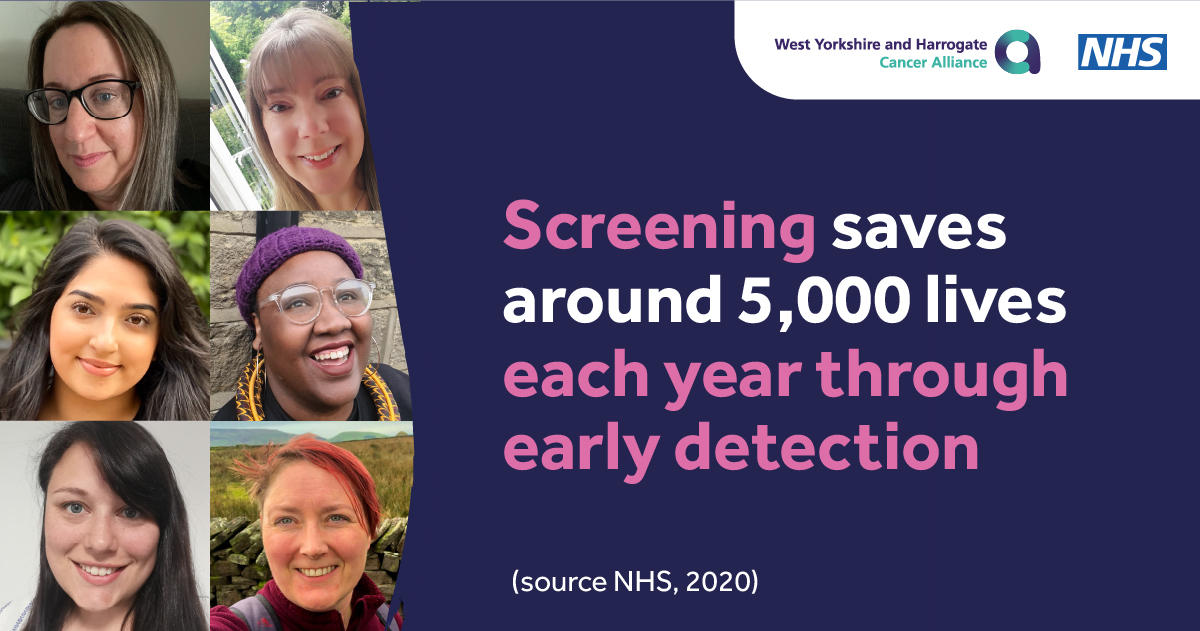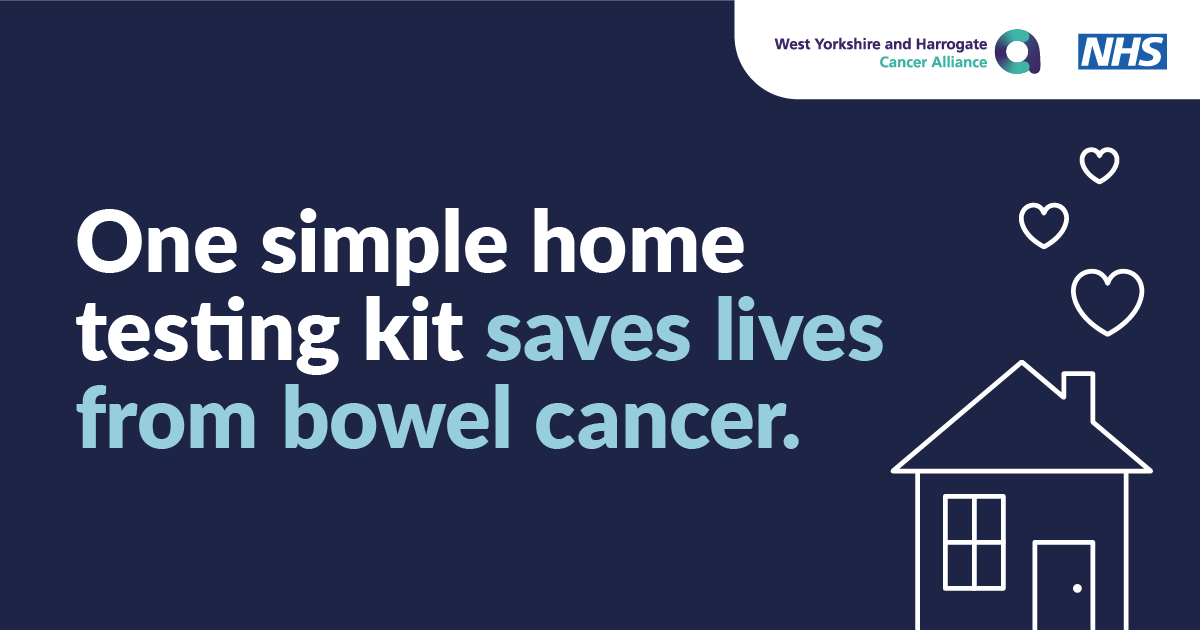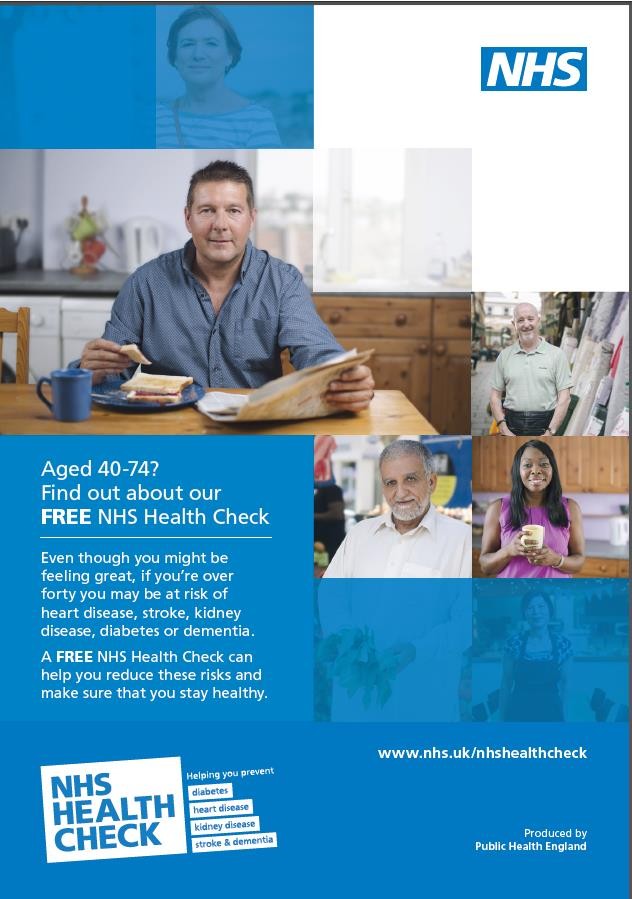Cervical Screening
- Cervical screening (also called a smear test) checks the health of your cervix.
- It's not a test for cancer, it's a test to help prevent cancer.
- All women and people with a cervix aged 25 to 64 should be invited by letter.
- During the screening appointment, a small sample of cells will be taken from your cervix.
- The sample is checked for certain types of human papillomavirus (HPV) that can cause changes to the cells of your cervix. These are called "high risk" types of HPV.
- If these types of HPV are not found, you do not need any further tests. If these types of HPV are found, the sample is then checked for any changes in the cells of your cervix. These can then be treated before they get a chance to turn into cervical cancer.
Cervical screening is important in the prevention of Cervical Cancer and saves lives. The test checks for HPV which you can find out more about at the following link https://www.nhs.uk/conditions/human-papilloma-virus-hpv.
If you have a cervix, aged 25-49 and not had a cervical screening in the last 3 years or 50-64 and not had a cervical screening in the last 5 years, please contact us to make an appointment. This quick appointment every 3 or 5 years can save your life. Please contact us to arrange your cervical screening appointment.

Bowel Cancer Screening
Bowel cancer screening involves 2 types of tests. A bowel scope test is offered at a screening centre and a test kit is offered for use at home.
Bowel cancer screening reduces your risk of dying from bowel cancer.
Finding cancer early gives you the best chance of survival.
Screening will miss some cancers, and some cancers cannot be cured.
Taking part in bowel cancer screening is your choice. You can find out more information by visiting NHS.UK.

Breast Cancer Screening
About 1 in 8 women in the UK are diagnosed with breast cancer during their lifetime. If it's detected early, treatment is more successful and there's a good chance of recovery.
Breast screening aims to find breast cancers early. It uses an X-ray test called a mammogram that can spot cancers when they're too small to see or feel.
As the likelihood of getting breast cancer increases with age, all women aged from 50 to their 71st birthday who are registered with a GP are automatically invited for breast cancer screening every 3 years.
In the meantime, if you're worried about breast cancer symptoms, such as a lump or an area of thickened tissue in a breast, or you notice that your breasts look or feel different from what's normal for you, do not wait to be offered screening, see a GP. You can find out more information by visiting NHS.UK.



